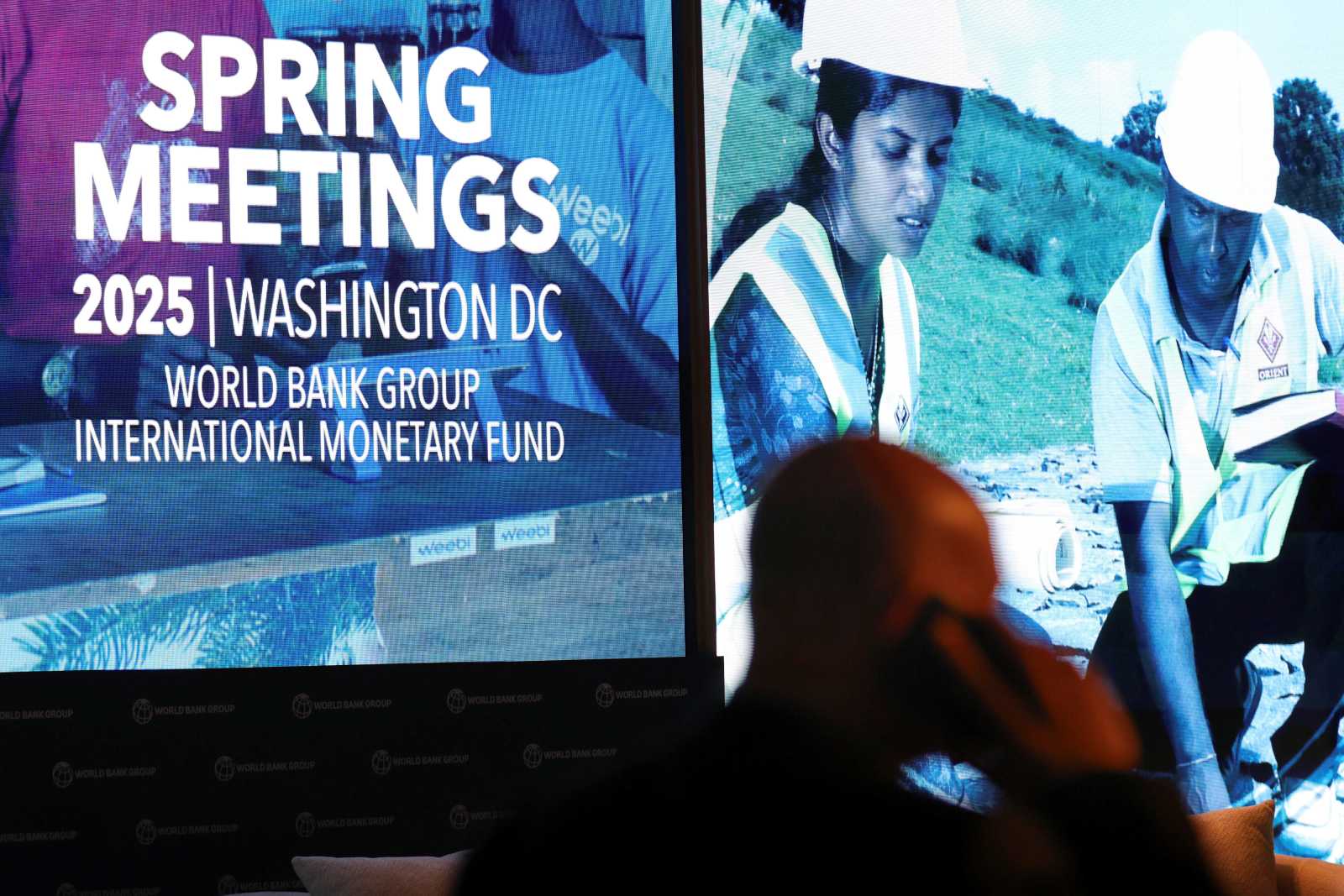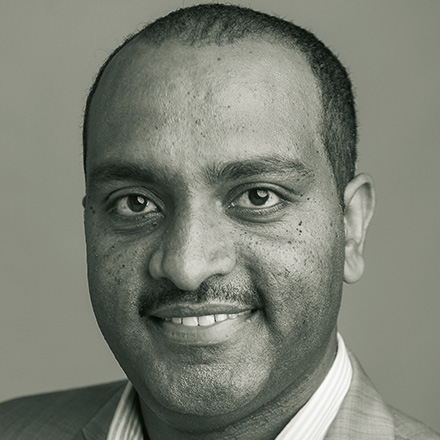Blog
World Bank rhetoric contributes to distorted public image
Nonetheless, the impression lingers on that the Bank is a cold-hearted agency that promotes unbridled capitalism. Reading the World Bank’s most recent World Development Report (WDR) once again made me aware of the reasons.
The report’s title is “Digital dividends”. The publication assesses what computers, the internet and smartphones mean for development and how to best use these trends. The approach the authors take is actually pro-poor in several ways. First of all, they insist that everyone must get access to digital technology and services. Moreover, they point out that education and skills training is needed at a massive scale to enable people to take advantage of digital opportunities. Finally, they demand that government agencies and service providers must do more to reach out to all sections of society. The WDR leaves no doubt that, left to itself, the market will not deliver what is needed to make digitalisation work for everyone.
As usual, however, the report’s language is technocratic and sterile. As their predecessors did, its authors avoid discussing serious conflicts of interest. Their demands for “accountability” and “transparency” remain vague. They do not spell out exactly who governments and service providers are supposed to respond to.
In real life, governments – whether they are autocratic or democratically legitimate – are always in touch with the most powerful interest groups in their countries. Policymaker are aware of what the business elite wants. Whether that elite is organised in formal lobby groups or simply composed of what western observers call “oligarchs” does not make much difference. Where civil-society organisations are free to act, other interest groups will make themselves heard as well, which is not the case under despotic rule. In complex industrial societies, moreover, there are more interest groups than in societies where agriculture and access to land are the single vital issue that determines power.
But what about the poorest people in society? The real challenge is that the poor and marginalised do not really have a voice in public affairs anywhere. They are not organised, and they certainly do not excel at lobbying. They are simply not heard, even though, to some extent, charitable organisations speak for them. For the marginalised themselves to get more say, serious political change is needed, and it takes struggles to rebalance power within a political system.
The World Bank authors make hints in the right directions, but they do not and cannot spell out this main challenge. The reason is that the World Bank is owned by the international community’s national governments and has no mandate for intervening in domestic affairs. Accordingly, it uses a technocratic jargon that veils conflicts of interest.
Making matters even more confusing, the same technocratic language that is used to call for more empowerment is also used to praise successful businesses and economic growth. To some readers, that will look like pro-business propaganda, even though the argument is actually quite nuanced.
To complicate things further, the WDR largely – though not entirely – shies away from discussing other institutions the governments of developing countries are accountable to: donor governments and, indeed, multilateral agencies. To a large extent, Bank jargon serves to cloud the fact that the established economic powers, and the World Bank itself, have a bearing on policy-making in countries that receive official development assistance.
Whether that influence is always used to benefit the poor, as donor rhetoric suggests, or whether it is applied to serve donor interests, as common sense would make one expect, needs to be considered from case to case. NGOs like to see the world in terms of black and white. Reality, however, knows many shades of grey. Donor governments’ aid policies are mostly pro-poor, but sometimes geared to serving private-sector companies from their own countries. Donors’ migration and trade policies tend to be much more self-interested then their aid policies. Donor countries, moreover, emit more greenhouse-gas emissions per head than developing countries. Policy coherence is called for, but not to be taken for granted.
World Bank rhetoric results from these constraints. Many proposals and case studies in the WDR make sense, but the document as such is not, and cannot be, an objective assessment of what is going on all over the world. I find it notable, for instance, that the WDR does not discuss the pros and cons of open source software prominently. For resource-strapped institutions, opting for open-source approaches means lower costs and greater control. For powerful corporations, however, intellectual property rights mean more profits. In this matter, the interests of developing countries and advanced economies diverge – and the World Bank shies away from tackling the issue.
In a similar way, the WDR is lukewarm about net neutrality. It weighs the interests of corporations to make best use of scarce resources (in this case bandwidth) against the interests of all content providers to be noticed. The authors’ insistence that no voice must be suppressed rings a bit hollow given that they don’t link being heard to internet service provision. If the service providers grant preferential treatment to content providers that are willing to pay more, small NGOs and media outlets will disappear from people’s screens in spite of being online.
The World Bank’s demands for government accountability, moreover will always be a bit awkward so long as the Bank pretends not to be one of the institutions client governments report to. That many people, especially among NGOs, vividly remember the failures of World Bank and IMF enforced structural adjustment policies of the past, exacerbates this problem.
The World Bank’s stance is sometimes overly optimistic, which also serves the needs of an agency that has global influence. One example in the most recent WDR is that it ridicules past predictions of dramatically rising productivity eventually leading to “forced leisure”. Isn’t it intellectually accurate to consider the dramatic youth unemployment of our times a form of forced leisure? And what about people stuck in refugee camps who are not allowed to work so they will not compete with others on the labour markets of host countries?
The World Bank pretends to be above the fray. While it has to do so for structural reasons, that attitude is inherently arrogant and, in itself, stands in the way of more appreciation from civil society.














